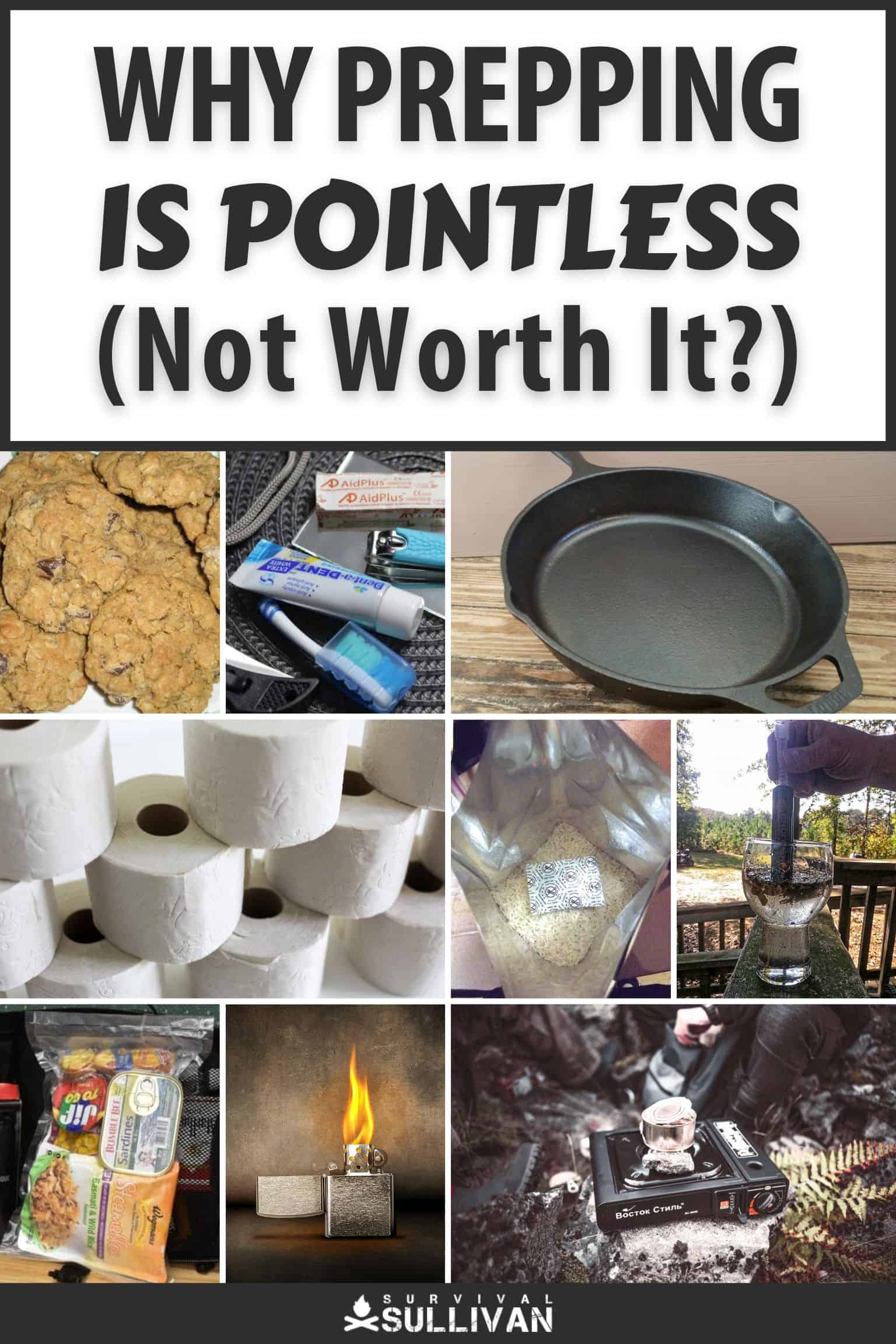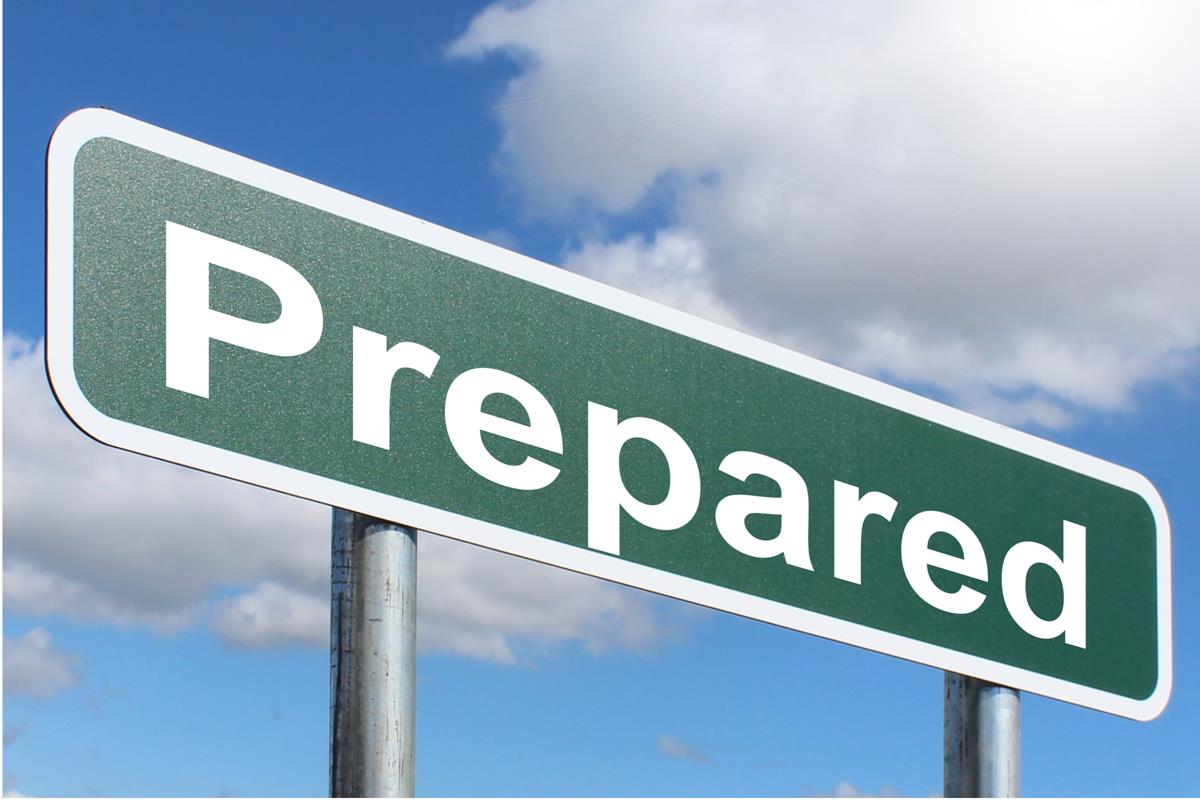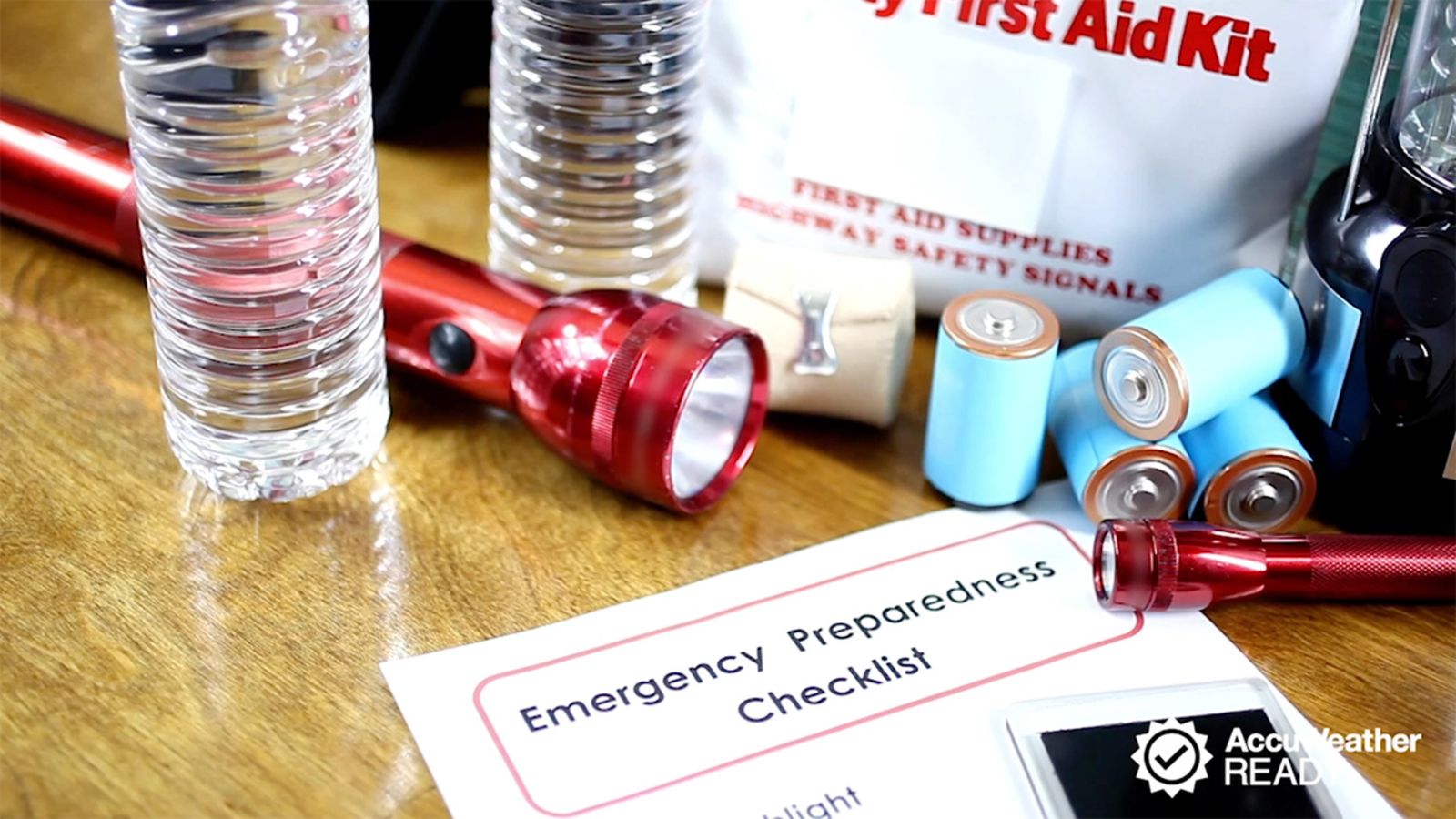The Illusion of Control: Preppers and the Fallacy of Preparedness

In an era of uncertainty and perceived global instability, the concept of prepping has gained significant traction. Preppers, individuals who meticulously stockpile supplies, amass survival gear, and undergo extensive training in anticipation of catastrophic events, assert that their efforts provide a sense of control over an unpredictable world. However, a critical analysis reveals that prepping, while well-intentioned, is often futile and counterproductive.

The Unpredictability of Catastrophes:
One fundamental flaw in the prepping philosophy lies in its inability to accurately predict the nature, timing, and severity of future catastrophes. Despite meticulous planning and preparation, preppers cannot anticipate all possible scenarios. Natural disasters, economic collapses, or societal breakdowns can manifest in countless unpredictable ways, rendering even the most comprehensive preparations inadequate.
Resource Misallocation:
The resources invested in prepping, both financial and temporal, could be better utilized in other areas that contribute to long-term resilience. Investing in education, healthcare, sustainable infrastructure, and community development yields tangible benefits that enhance societal well-being and preparedness for a wide range of challenges. Prepping, conversely, often involves acquiring specialized gear and supplies that may never be used, diverting resources away from more productive pursuits.
The Neglect of Interdependence:
Prepping, by its very nature, is an individualistic approach to survival. It assumes that personal preparedness alone is sufficient to weather any storm. However, in reality, resilience is a collective endeavor. Communities that foster cooperation, mutual aid, and shared resources are far better equipped to handle crises than individuals acting independently. Preppers who stockpile supplies for their exclusive use may find themselves isolated and vulnerable in times of need.
The Perpetuation of Fear and Anxiety:
The prepping mindset often perpetuates a heightened state of fear and anxiety. Preppers may become preoccupied with potential threats, constantly monitoring news and social media for signs of impending doom. This preoccupation can lead to chronic stress, negatively impacting mental and physical health. Moreover, the focus on worst-case scenarios can hinder individuals from living their lives fully, appreciating the present moment, and pursuing meaningful endeavors.
Community Resilience: A More Effective Approach
Instead of relying solely on individual preparedness, communities should focus on building resilience through collective action and long-term planning. This includes investing in public infrastructure, establishing local food systems, developing community emergency response plans, and fostering a culture of cooperation and mutual support. By working together, communities can create a more resilient social fabric that is better equipped to withstand a wide range of challenges, from natural disasters to economic downturns.
In conclusion, while prepping may provide a temporary illusion of control, it is ultimately a futile and counterproductive strategy for dealing with the inherent uncertainties of life. Instead of stockpiling supplies and engaging in survivalist fantasies, individuals and communities should focus on building resilience through collective action, investing in long-term solutions, and fostering a sense of shared responsibility.











